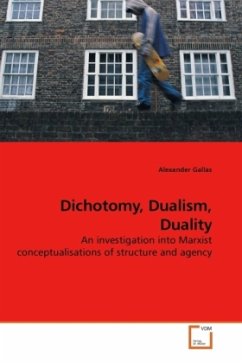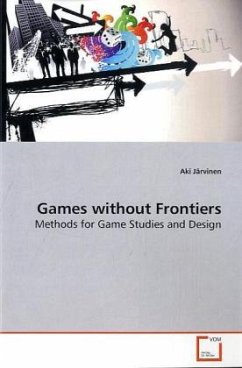The author establishes how different variants of Marxism conceptualise the structure-agency relation. He distinguishes three groups of theories: First, there are the dichotomous approaches of Marxism-Leninism and Guevarism. They undercut any meaningful determination of the social because they rely exclusively on one side of the relation in question. Second, there is the dualism of the Althusser School and Open Marxism respectively. Both approaches conceive of the structure-agency relation as a causal one and bracket one of its poles, thereby misjudging the stability of capitalism. Third, there is Marx s Critique of Political Economy and, drawing upon it, the Strategic Relational Approach. These approaches provide consistent conceptualisations. They are best described with the notion of duality because they emphasise that the social is constituted by both structure and agency. The author discusses what this means for our understanding of capitalism, and spells out the political implications of his findings.
Bitte wählen Sie Ihr Anliegen aus.
Rechnungen
Retourenschein anfordern
Bestellstatus
Storno








